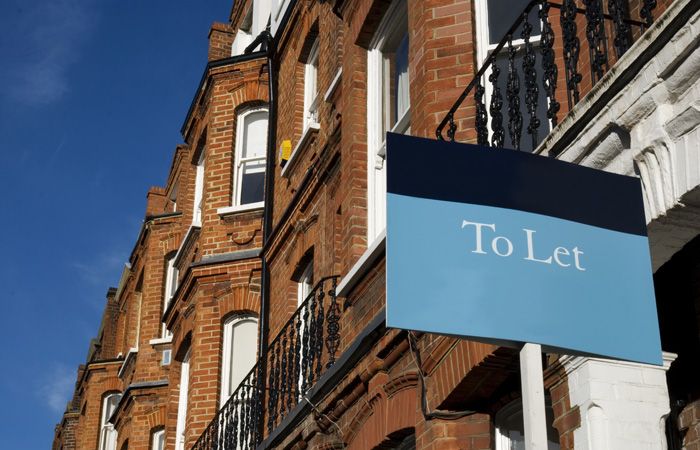 As I browsed my Twitter feed, two articles centred around the housing market immediately jumped out at me and swiftly cleared away any pre-Christmas Monday morning malaise.
As I browsed my Twitter feed, two articles centred around the housing market immediately jumped out at me and swiftly cleared away any pre-Christmas Monday morning malaise.
Two of the most debated areas in recent times have revolved around how many landlords are looking to sell properties in light of tax and regulatory changes and how the housing market will react in 2021 on the back of the closing of the stamp duty holiday. So, when you see headlines suggesting that house prices will continue their very gradual rise in 2021 and that landlord purchase figures hit record levels in November, then it’s little wonder that I gained some extra pep in my step.
Breaking these down, analysis from Rightmove suggested that house prices are set to rise by 4 per cent in 2021 as housing priorities stay high on people’s life agendas. Unsurprisingly, it was also noted that Q1 will be particularly busy after it highlighted a current logjam of 650,000 properties changing hands.
Looking to Q2, activity within this quarter is anticipated to be much slower. Despite this, ongoing demand and the availability of highly competitive mortgage rates were cited as key components in helping to support continued but modest price growth.
Furthermore, Rightmove said that while uncertainties remain in 2021, housing needs and fresh-start mentalities suggest that the market will continue to outperform, as shown by 53 per cent more prospective buyers contacting estate agents than at this time a year ago.
In terms of the positive landlord news, according to data collected by Hamptons, landlords made up 15 per cent of all sales agreed in November, the highest figure for four years. Investors were said to have bought around 134,000 homes in 2020, up from the 133,000 bought in 2019.
The average price paid for a home by a landlord in November was £180,000, which is around £80,000 less than that paid by an owner-occupier. The research also showed that a record 51 per cent of the purchases were in cash and that investors will pay £365m in stamp duty on the sales agreed over the last three months, a figure which could rise by 20 per cent or £74m if they have not completed by the end of March.
As outlined within this data, the high levels of cash purchases suggest that it’s the larger portfolio landlords who are making these moves rather than new investors. It might even be the case that professional landlords are buying the properties from smaller ones.
This makes for some interesting dynamics. We know that the amateur or accidental landlords are less incentivised to hold onto properties in the current landscape but this certainly does not reflect a lack of appetite from other landlord types across the buy-to-let sector. And with the housing market continuing to show some steely resilience, there’s plenty of room for optimism moving into 2021 as the private rented sector continues to demonstrate its worth and importance within the whole housing and economic landscape.
Ying Tan, founder and chief executive, Dynamo






